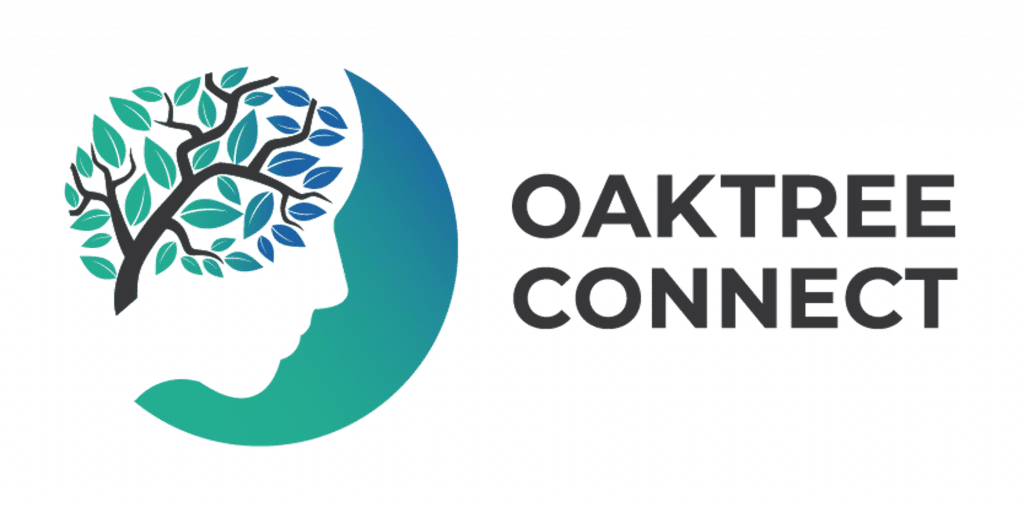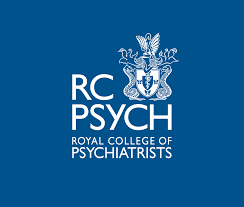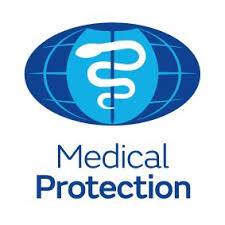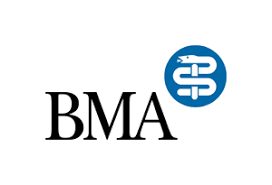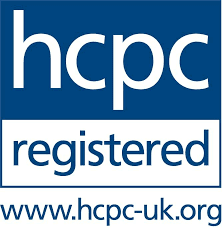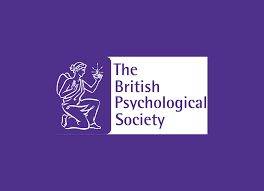Eating Disorders Assessment and Treatment for Young People

No waiting list
GP Referral Not Required
Payment in instalments
An eating disorder is where you have an unhealthy attitude to food or eating which can become increasingly dangerous and cause many physical health problems
They are most commonly diagnosed in young women aged 13 to 17 years old
Facts about Eating Disorders
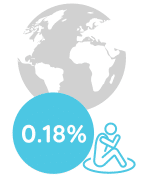
Globally
0.18% of people worldwide have an eating disorder
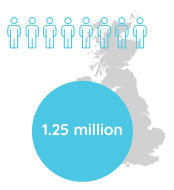
In the UK
Approximately 1.25 million people in the UK suffer from an eating disorder.
Our Patient’s Views & Reviews
For more information on our Eating Disorders services, please do not hesitate to get in touch with us.
You don’t need a referral to have an assessment for an eating disorder at Oaktree
Call us and a chat with our friendly knowledgeable administrative staff is all that is needed to book an appointment to see our expert psychiatrists, within one week. It is that simple.
Symptoms
- Eating very little food
- Constant worry about your weight or body shape
- Having very strict habits or routines around food
- Deliberately making yourself sick or taking laxatives after eating
- Avoiding socialising when you think food will be involved
- Exercising too much
- Dizziness, loss of consciousness
- Hair loss
- Loss of periods
- Vitamin deficiencies
There are several types of Eating Disorders including:
- Anorexia Nervosa – trying to make your weight as low as possible by not eating, body weight less than what is considered healthy, exercising too much, or both
- Bulimia – Binging on large amount of food in a short amount of time and being deliberately sick, use laxatives or restricting what you eat to limit weight gain
- Binge Eating Disorder (BED) – when you regularly lose control of eating and eat large portions of food all at once until feeling uncomfortably full
- Other specified feeding or eating disorder (OSFED)– when eating symptoms do not exactly match those of anorexia, bulimia or binge eating disorder, this is referred to as OSFED
Costs and Packages for Eating Disorders Services Online and In Person
We have tried our best to make this process affordable for you by keeping our costs as low as possible. Compare fees with other providers here. Part payments are also available on our payment page with Klarna.

Treatments
Treatment will depend on the type of eating disorder. Your practitioner will develop a custom treatment plan that best suits you.
Physical treatments:
- Antidepressant or Anxiolytic (Anxiety)
Psychological therapies:
- Cognitive behavioural therapy (CBT) – eating disorders treatment online
- Motivational Therapy
- Trauma Focused Therapy
Physical Health Monitoring:
Frequent physical health checks may be required as eating disorders typically have a significantly negative effect on health. This includes dietetic support.
